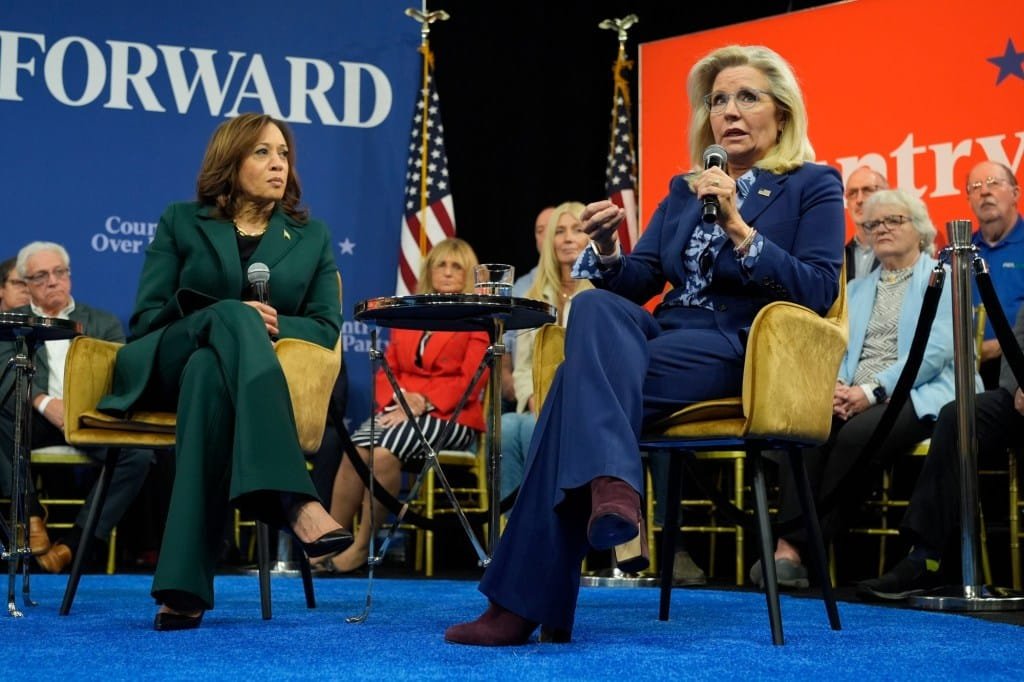
We all need political heroes, especially our children. In the aftermath of the recent election, I’ve thought about which political figures have shown integrity and courage that would fit the description. I focused on who might be models of character for our adolescents, especially those who are on the edge of reaching voting age.
I think this would be an excellent topic worth exploring with them, in schools and at home. While I have my list, I think we might first help kids define what a hero is and then come up with who they think some of our current heroes are. Which ones meet the criteria, and which ones don’t?
Think about your most recent heroes. What are your criteria and biases? In this kind of discussion, both parents and teachers should refrain from trying to influence kids toward their own preferences. Help kids develop their own ideas.
We first need to be clear on our definition of a hero. Many articles I found praising political heroes never noted any definition of a hero. I like the definition that comes from Wikipedia, based on classic books on the subject. It defines a hero as “one who displays courage and self-sacrifice for the greater good.”
Many people who I’ve asked for hero nominations named people who don’t fit that definition. Former First Lady Michelle Obama and former President Barack Obama are not heroes. I admire them and share many of their political values, but they don’t fit the definition. Yet I think former Rep. Liz Cheney, with whom I share very few political values, is.
Exploring the subject with adolescents, I’d start with an attention-grabbing introduction by playing the lead song from the musical “Hamilton,” featuring Lin Manuel Miranda. It’s easily available on YouTube.com in both a scene from the show and a recording. Some teens may remember the musical or have seen it; Miranda is a well-known composer and performer. A few may be able to share recollections of the show and how Hamilton was portrayed as a hero. Ask them to keep Hamilton in mind as they explore what defines a hero.
Follow this by asking them their thoughts about who some modern heroes are and why they think they’re heroes. If they come up with a definition that is close to the classic definition, consider using it. If not, share with them your reasons for choosing the classic one from Wikipedia.
Perhaps have them think about different levels of heroes. There are some who are prominent, others flying just below the headlines, and some who are just ordinary people, unsung heroes. Why not describe these categories and then have the students name people they think are good examples for each one.
Ask them to jot down some heroes on television or in the movies and share the list in small groups and perhaps ask them how these heroes differ from real life heroes.
Consider having an “expert” panel of three or four students review hero nominations submitted by small discussion groups and then select the winner(s). At home you can be the equivalent of the panel and ask your adolescent(s) to make a nomination for you to review and then discuss with them.
Find some YouTube videos of possible hero candidates from the past few years giving a speech or being interviewed. Also, create a small collection of related news stories you might have them read.
A fun idea to me, with a serious side, would be to ask them to come up with nominees for prominent anti-heroes, individuals who demonstrate a lack of courage and appear to place self-interest above consideration of the greater good. I think we all know that students generally enjoy coming up with negative examples.
Consider having a debate between students arguing for and against some nominated hero, present or past.
The purpose of this exploration isn’t to come up with anything approaching a definitive list of heroes. It is to open their minds and provoke their thinking about the subject in all its facets. And perhaps in the process open our own minds and our own thinking as well.
Mark Phillips of Woodacre is a professor emeritus of education at San Francisco State University.







